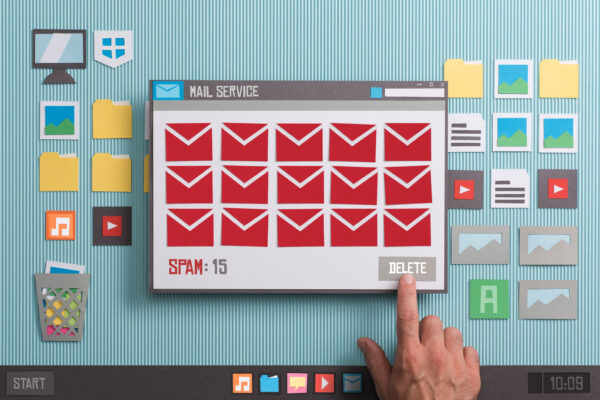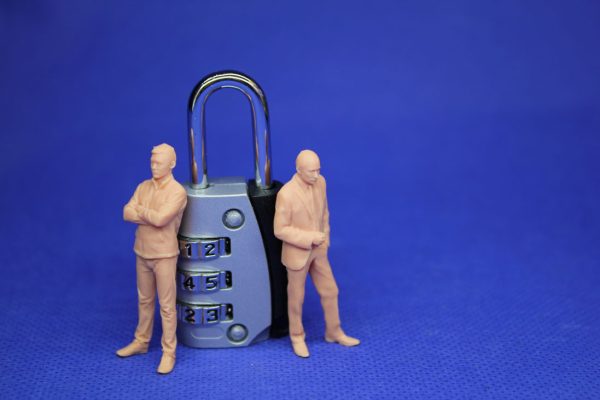EO Advisor
Travel Is Back
Keep your data safe during the holidays.
November 16, 2021

Travel is on the rise. A new normal for business travel is coming back and “home for the holidays” will hopefully be a lot more meaningful this year.
This rise prompted us to send out a reminder to brush up on good common-sense practices for keeping your computers and phones safe when you travel.
Criminals hang out in coffee shops, bus depots, train stations, hotel lobbies, and airports because they can steal your hardware (phones, laptops, etc.). What you may not know is that Bluetooth and Wi-Fi can also be turned into opportunities to worm onto your device allowing criminals to steal your personal—or professional—data without touching your device.
Here are some tips you can use to keep your personal and professional data while traveling during the holidays.
- Never Lose Sight of Your Computer Bag. When we’re dealing with the logistics of traveling with luggage, it’s oh so easy to just want to leave the heavy backpack sitting on a chair. Thieves know this.
- Lock Your Device Every time. Make sure your phone and laptop are locked each time you stop using them. Unlocking with your fingerprint or facial recognition is best. If you are using a password, it’s probably too easy. Make your password harder even though it might be frustrating to type it in every time you open your computer.
- Conference Rooms are Not Secure. As we get back to business conferences, remember that these events are the ideal target for folks who would steal your hardware. Executives too often leave their laptops in the privately reserved conference room for an event while going to get lunch. Yup, that is exactly what the thieves are thinking too.
- Update Your Software. Most software updates fix security threats. Before hitting the road, make sure that the operating system for your computer and phone is the latest version. Do the same for all of the software and apps you will be using.
- Turn Off Bluetooth. When traveling, you probably want to use Bluetooth for your headphones and other peripheral devices. However, you will often be within 30 feet of unknown devices that might want to connect with your computer. So, toggle Bluetooth on when you want to connect your own device. Toggle it off when you don’t need it. Make this a habit.
- Turn Off Wi-Fi. Even more than with Bluetooth, we all tend to leave Wi-Fi toggled on so that our devices search for Wi-Fi connections automatically. Makes sense in your home and office but not on the road. Turn on Wi-Fi in public places when you know exactly which network you want to connect to. Wi-Fi hotspots are commonplace now but so are look-alike networks that will drop malware into your computer when you gain access through them. Ask for help from an on-premise employee if you have any doubt about which network to connect to.
- Beware of Public Wi-Fi. Many larger companies require you to immediately tap into the corporate VPN when using a Hotspot for work. That’s a good practice but smaller businesses don’t always have this option. Avoid shopping, banking, and accessing confidential files while browsing on public wi-fi.
- Mobile Hotspots Are Better. If your smartphone can become a hotspot for your laptop, use that instead of a public hotspot, it’s definitely more secure.
- Be Wary of the Hotel Business Center. A hotel’s business center computers are not secure. Do not access personal information or log into any of your accounts using a hotel computer. It’s tempting to give email a quick check but there is a good chance that you gave away your password when you logged in. Just don’t do it.
Click here to download our Cybersecurity Travel Checklist PDF
Cybersecurity is nothing to panic about. Follow these best practices, make them a routine, and your travel experience won’t be ruined by thieves or cybercrime.
Happy Holidays from Electronic Office.
Like this article? Read more news about Cybersecurity, resources.


